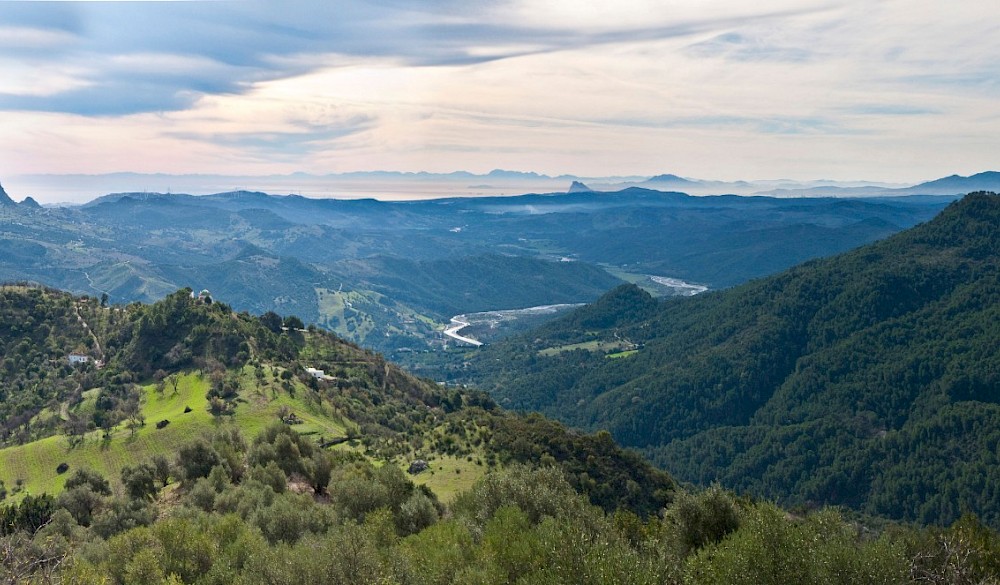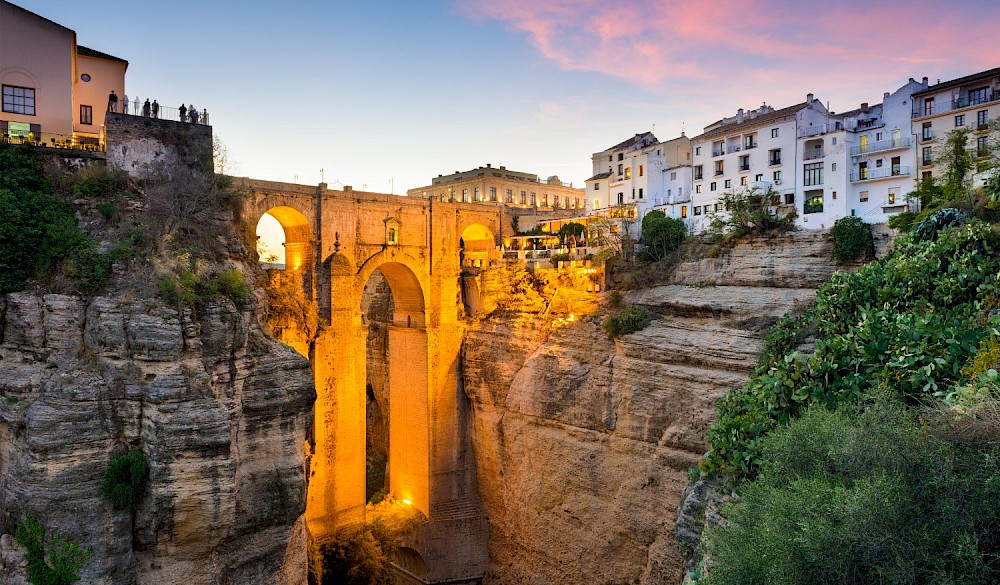Buying property in Spain, especially in sought-after areas like the Costa del Sol, involves navigating a series of legal requirements to ensure a smooth and secure transaction. This guide provides a comprehensive overview of the legal steps and considerations for purchasing property in Spain.
1. Obtain a NIE (Número de Identificación de Extranjero)
Step:
The NIE is a tax identification number for foreigners, which is mandatory for any financial transactions in Spain, including buying property.
How to Obtain:
-
Application: Apply in person at a Spanish consulate or at the police station in Spain.
-
Documents Required: Valid passport, application form, and proof of why you need a NIE (e.g., property purchase).
2. Open a Spanish Bank Account
Step:
To facilitate the property purchase, it is advisable to open a bank account in Spain. This account will be used for the transfer of funds, payment of taxes, and utility bills.
Documents Required:
-
Identification: Valid passport or NIE.
-
Proof of Address: Utility bill or rental contract.
-
Employment/Income Details: Proof of income or employment.
3. Hire a Qualified Lawyer
Step:
Engage a lawyer who specializes in Spanish real estate law to guide you through the legal process and protect your interests.
Key Responsibilities of the Lawyer:
-
Due Diligence: Conduct a thorough check on the property’s legal status, including any debts or encumbrances.
-
Contract Review: Ensure the purchase contract is clear and legally sound.
-
Legal Compliance: Verify that all necessary licenses and permissions are in place.
4. Conduct Due Diligence
Step:
Due diligence is a critical step in the buying process. Your lawyer will verify the property’s legal standing, ensuring there are no legal issues that could affect the purchase.
Key Checks:
-
Land Registry: Confirm the property’s ownership and any existing mortgages or liens.
-
Building Permits: Ensure all building permits and licenses are valid.
-
Community Fees: Check if there are any outstanding community fees.
5. Sign a Reservation Agreement
Step:
Once you decide to purchase a property, you typically sign a reservation agreement and pay a deposit to secure it. This agreement outlines the basic terms of the sale and reserves the property for you.
Key Elements:
-
Deposit: Usually 1-2% of the purchase price.
-
Terms and Conditions: Basic terms of the purchase, including the price and timeline.
6. Sign the Preliminary Purchase Contract (Contrato de Arras)
Step:
After due diligence, you will sign a preliminary purchase contract and pay a more substantial deposit, usually around 10% of the purchase price. This contract binds both parties to the sale.
Key Elements:
-
Deposit: Typically 10% of the purchase price.
-
Legal Obligations: Both buyer and seller commit to completing the transaction.
-
Penalty Clauses: Details on penalties if either party withdraws from the sale.
7. Arrange Financing
Step:
If you require a mortgage, you need to arrange financing through a Spanish bank. This involves submitting financial documentation and obtaining pre-approval for the loan.
Documents Required:
-
Income Proof: Salary slips, tax returns, or financial statements.
-
Identification: Valid passport or NIE.
-
Property Details: Information about the property you intend to purchase.
8. Sign the Public Deed of Sale (Escritura Pública)
Step:
The final step in the purchasing process is signing the public deed of sale at a Notary’s office. This deed transfers ownership from the seller to the buyer.
Key Elements:
-
Notary Appointment: Schedule an appointment with a Notary.
-
Final Payment: Transfer the remaining balance of the purchase price.
-
Deed Signing: Both parties sign the deed, which is then registered with the Land Registry.
9. Pay Taxes and Fees
Step:
Upon completion of the sale, several taxes and fees must be paid. Your lawyer will typically assist in calculating and arranging these payments.
Taxes and Fees:
-
Property Transfer Tax (ITP): Typically 7-10% of the purchase price, depending on the region.
-
Notary Fees: Approximately 0.5-1% of the property price.
-
Land Registry Fees: Around 0.5% of the property price.
-
Legal Fees: Typically 1-2% of the purchase price.
10. Register the Property
Step:
After the deed is signed, the Notary will forward it to the Land Registry. This step officially registers you as the new owner of the property.
Key Considerations:
-
Registration Process: Ensure that the property is correctly registered in your name.
-
Utility Transfers: Transfer utilities (electricity, water, gas) to your name.
Conclusion
Understanding and adhering to the legal requirements for purchasing property in Spain is crucial for a successful transaction. By following these steps and working with experienced professionals, you can navigate the process with confidence and secure your dream home in Costa del Sol. Always ensure to conduct thorough due diligence and engage qualified legal assistance to protect your interests throughout the buying process.






